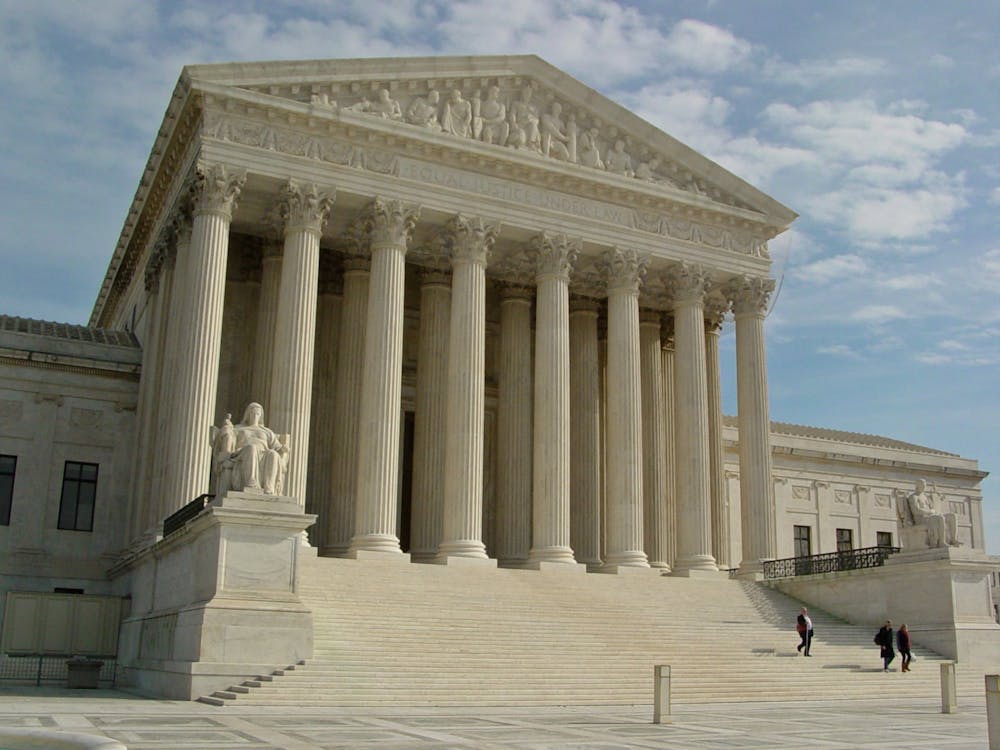Andrew Bellows
Staff Writer
Affirmative action has been a prevalent policy in the United States for the last 40 years. The withstanding practice attempts to limit discrimination in college admissions and job hiring by increasing efforts to include individuals in disadvantaged groups. In 2003, Grutter v. Bollinger permitted universities around the country to consider race as one of many factors in college admissions. A few attempts have been made since then to repeal affirmative action, including a case in 2016 with the University of Texas at Austin. Now, the Supreme Court has decided to take another affirmative action case, but this time the Court looks a little different.
During his four year tenure, President Donald Trump nominated three Supreme Court Justices: Justice Neil Gorsuch, Justice Brett Kavanaugh and Justice Amy Coney Barrett. With a strong conservative majority, the Court may lean towards repealing the long-held precedent. The case involves two schools: Harvard University and the University of North Carolina. According to the New York Times, Justin Driver, a law professor at Yale, said, “These two cases unmistakably pose the gravest threats yet to affirmative action’s continued vitality.” This case will be the first that the Supreme Court will hear with the new conservative stronghold.
Challengers accuse Harvard of discriminating against Asian-Americans, an accusation that Harvard has long denied. They also claim that the University of North Carolina has discriminated against whites and Asian-Americans to rapidly increase the number of black and Latino students. According to Reuters, the coalition is led by Edward Blum, an outspoken activist against affirmative action. The challengers remain steadfast in their position, despite losing in federal courts and appealing the decision. Blum has represented anti-affirmative action cases in front of the Court on numerous occasions.
Both of the schools in question have denied any wrongdoing, claiming that they have followed the precedent that allowed them to take race into consideration. According to ABC News, Harvard wrote in a statement, “The American public has looked to this for assurance that the nation recognizes and values the benefits of diversity and that the path to leadership is open to all.”
On the other hand, Kenneth L. Marcus, former assistant secretary for civil rights for the Education Department supports the challengers. He claims that Harvard’s discrimination against Asian-Americans is reminiscent of their treatment of Jewish-Americans in the past.
According to the New York Times, he states, “Just as Harvard in the 1930s thought that Jewish students lacked the character to make them good Harvard men, so today they view Asian students as lacking the appropriate character.”
The New York Times also details that the collapse of affirmative action would likely lead to fewer Black and Latino students at prestigious universities. In turn, more white and Asian-American students would be admitted to selective schools. The Biden administration has backed Harvard, confirming continued liberal support for affirmative action. The case will likely remain on hold for another year before the Court hears it. But whatever the outcome, Americans are in store for another historic Supreme Court decision.







